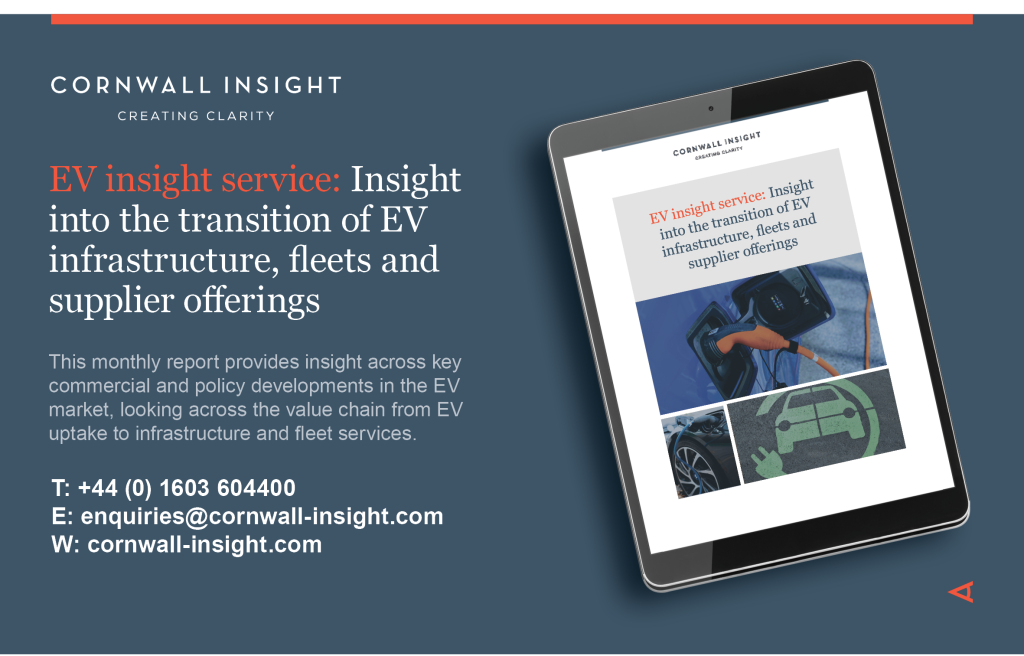In a burgeoning EV-centric world, Ofgem’s updated guidance on supplying electricity to electric vehicles (EV) should provide clarity for many organisations around the supply arrangements in place for different charging scenarios. Due to their mobile nature, EVs don’t fit in with the legislative model that defines an electricity consumer by the premises they occupy. Therefore, Ofgem considers in most scenarios, selling power to an EV driver is not considered to be supply, however, the conveyance of power to the chargepoint is.
In a bid to ‘cover all/most bases’ for the various recurring issues and themes that have emerged from its Innovation Link service, Ofgem’s guidance has outlined eight different scenarios: charging at home, destination charging at a public car park, forecourt, on-street, home and roam, peer-to-peer, mobile on-demand, and fleet charging.
To keep reading, please log in to your account or sign up for free


